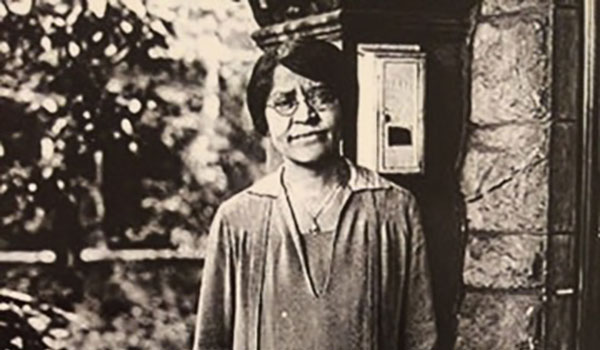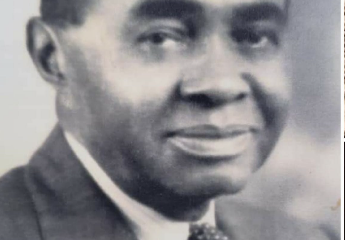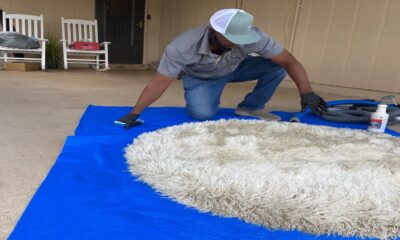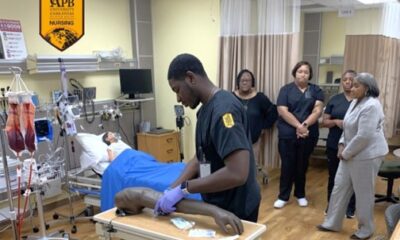News
How the First Black Millionaire Weaved Commerce and Community Into Legacy

Hair salons across America are filled almost daily with Black women “getting their hair done.” From natural to permed to weave, Black women spend a fortune a year on haircare. And, we started years ago.
The “Mother of Black Haircare” is Illinois-born Annie Malone whose business model included sales assets offering the products door-to-door and around the world. Malone named her company after the African word “poro” which means “devotional society.” And, the company more than lived up to the definition with 75-thousand Poro agents in at least five different countries.
“At her company’s annual meetings, Annie Malone would give furs, diamonds, and property to her agents. Helping women build their confidence was important to her,” says Linda Nance who founded the Annie Malone Historical Society.
Malone launched her business in Illinois and relocated it to St. Louis around the time of the 1904 World’s Fair.
Nance says, “Annie went to St. Louis in 1902. She told her sister she was going to the World’s Fair because she sensed it was a great business opportunity, but St. Louis hosted the World’s Fair in 1904. She was two years early.”
In those two years, Malone built a thriving and successful company. History bestows most of its “first millionaire” accolades on Madame C.J. Walker for her business acumen in the haircare business. Ironically, Walker learned the trade from Malone in St. Louis and moved West to start her empire. Both women found their niche, but in the early 1900’s Malone’s company had an estimated value of 14-million dollars.
Malone centered her enterprise in the heart of the Black elite in St. Louis. “She bought a building in the de Ville area,” Nance says. “This building included a 500-seat auditorium, a rooftop garden, and a manufacturing floor. It had a telephone which she allowed the public to use.”
A divorce that dragged on for years tarnished Malone’s profile. The government imposed a luxury tax on haircare products and dragged Malone into court for years over tax issues. When she died, her estate had dwindled to approximately $100,000.
Nance became a study of Annie Malone’s when she joined the staff at the Annie Malone Children’s Home in St. Louis, started in 1919 with a 10-thousand gift from Malone.
Marveling at Malone’s ability to organize, Nance says, “She didn’t have a computer database. There was no social media. Yet, she built an international company at a time when women were not even allowed to vote and times were extremely difficult for Blacks.”
Nance travels to share her research on Annie Malone and is considering writing a book and developing a museum to honor a woman whose drive and contributions have been vastly overlooked.

-

 Black History5 months ago
Black History5 months agoThe untold story of a Black woman who founded an Alabama hospital during Jim Crow
-

 Featured8 months ago
Featured8 months ago‘No Closure’ In Town Where Five Black Residents Were Either Murdered, Died Suspiciously Or Are Missing
-

 Black History9 months ago
Black History9 months agoBlack History Lost and Found: New Research Pieces Together the Life of Prominent Texas Surgeon and Activist
-

 Featured9 months ago
Featured9 months agoFounder of “The Folding Chair” Podcast Calls Montgomery’s Brawl ‘Karma’
-

 Featured8 months ago
Featured8 months agoThousands ‘Live Their Dream’ During National Black Business Month
-

 Featured10 months ago
Featured10 months agoJuneteenth And ‘246 Years Of Free Labor’ Are Key To Conversations About Reparations









